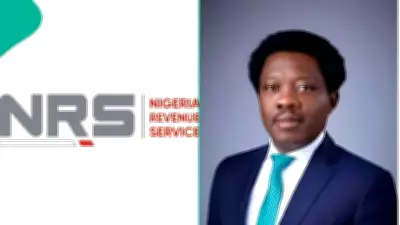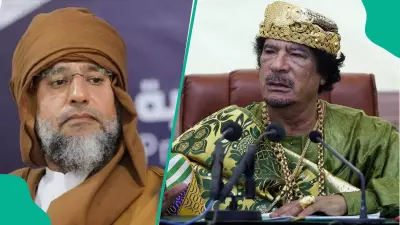
In a bold political maneuver that could reshape Lagos's political landscape, the African Democratic Congress (ADC) has unveiled an ambitious inclusion agenda specifically targeting women and youth. This strategic move positions the party as a potential game-changer in Nigeria's commercial capital.
A New Political Paradigm for Lagos
The ADC's comprehensive blueprint represents a significant departure from traditional political approaches in Lagos State. By placing women and young people at the forefront of their campaign strategy, the party aims to tap into previously underutilized demographic powerhouses.
Lagos State Chairman of ADC, Mr. George Ashiru, emphasized that this isn't merely token representation but a fundamental restructuring of political engagement. "We're building a political movement where women and youth don't just participate—they lead," Ashiru declared during the party's recent strategy session.
The Women Empowerment Component
The party's women inclusion strategy goes beyond symbolic gestures. It includes concrete measures such as:
- Guaranteed leadership positions for women across party structures
- Special capacity-building programs for female candidates
- Financial support mechanisms for women seeking political office
- Policy formulation roles specifically reserved for women
Youth Engagement Revolution
For the youth demographic, ADC has crafted what they term a "youth takeover" strategy featuring:
- Dedicated youth representation in decision-making bodies
- Digital-first campaign approaches leveraging social media
- Entrepreneurship and skills development programs
- Mentorship initiatives connecting young aspirants with experienced leaders
Political Calculations and Challenges
Political analysts are watching this development closely, noting that while inclusion strategies have theoretical appeal, practical implementation in Lagos's complex political environment presents significant challenges. The established political machines have deep roots, and breaking their dominance requires more than just innovative demographics.
However, ADC leadership remains optimistic. They point to changing voter demographics and growing dissatisfaction with traditional politics as factors that could work in their favor.
The Road Ahead
As Lagos prepares for upcoming elections, the ADC's women and youth inclusion agenda represents one of the most interesting political experiments in recent memory. Success would not only deliver the Lagos mandate but potentially rewrite the rules of Nigerian politics.
The coming months will reveal whether this inclusion-focused strategy can translate into tangible electoral success or if it will become another well-intentioned but ultimately ineffective political experiment.





